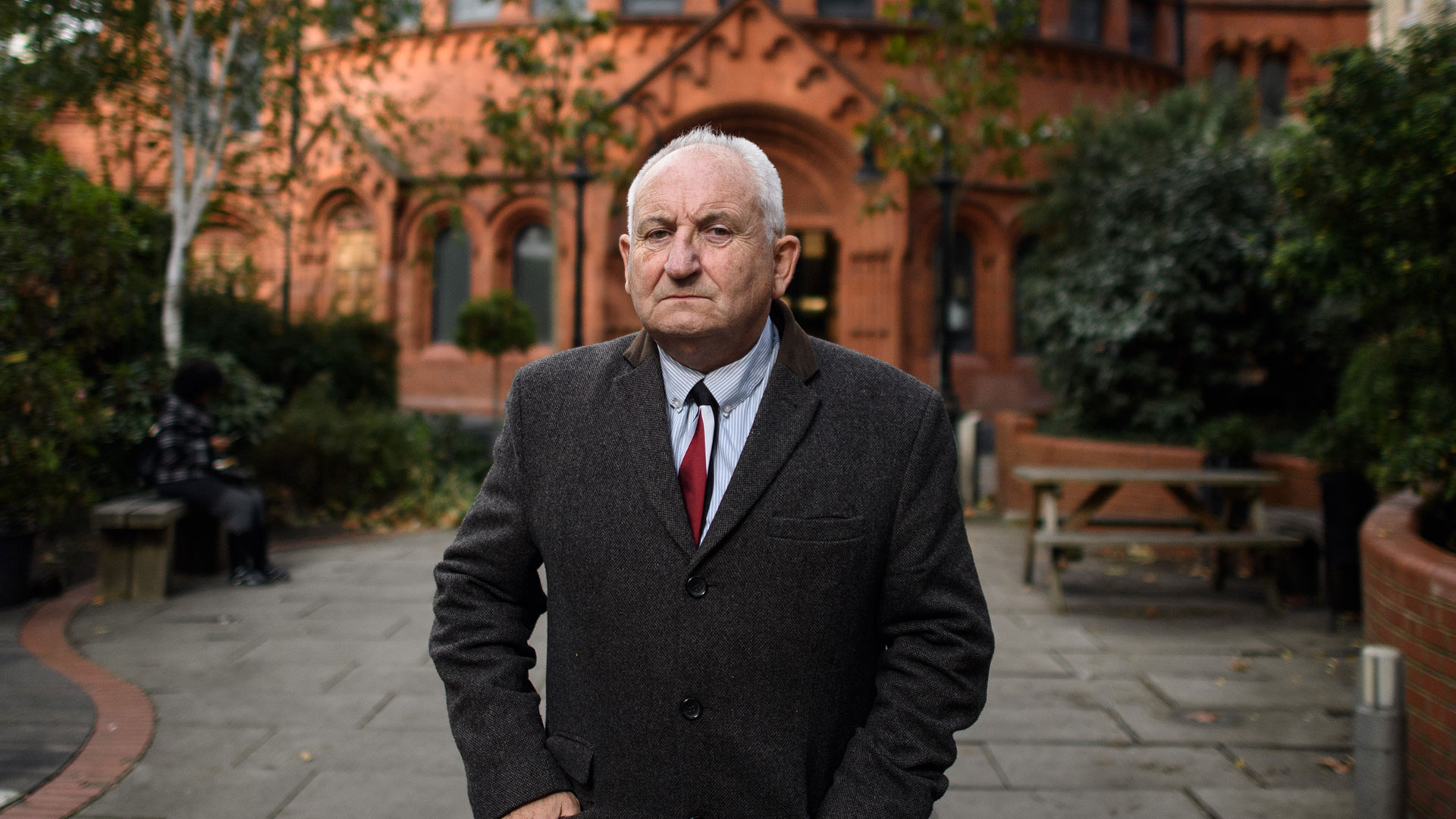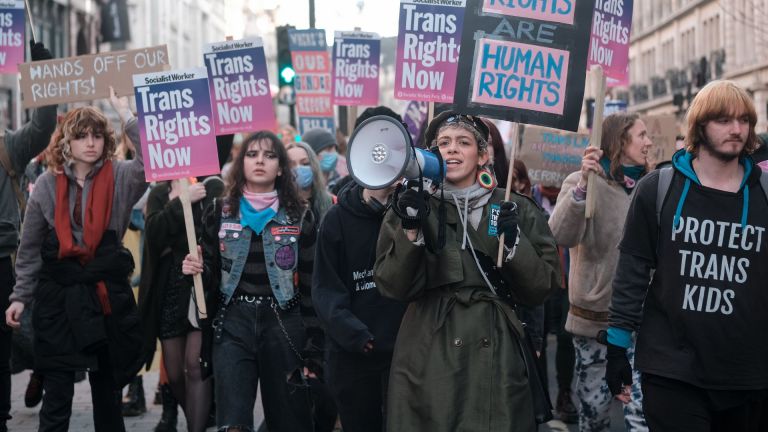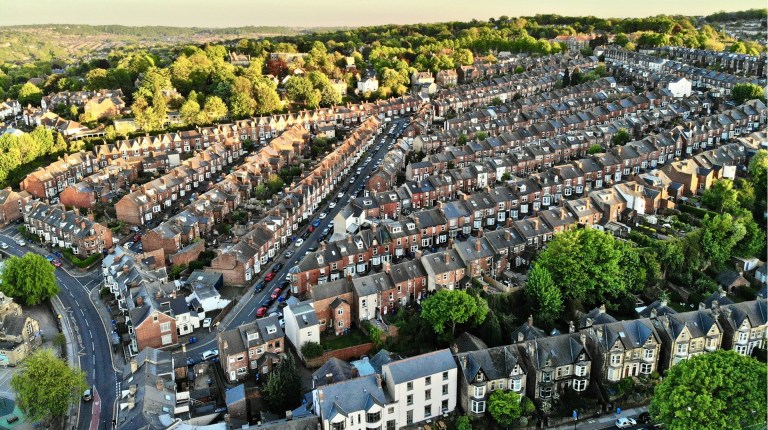Old deaf men were everywhere when I was growing up. We had lots of horrible, anti-social games on these hard of hearing men, many of them veterans of the First World War. But every now and then we would run into a teacher, a police officer, or perhaps a bricklayer who would be appalled at our games and chase us off – or rightly give us a clout round the head.
By the Fifties the Great War was for old people’s memories, people like my grandmother who still dressed in the fashions from before the First World War. We had Elvis Presley and Buddy Holly! What did they have, the old ones? Scratchy old shellac-made records that you had to play on a gramophone, not on a modern record player.
Progress, part-built on their suffering and sacrifices, obliterated the past for us post-Second World War young. The second Great War of the century was more up our street. We could pretend to hijack German soldiers and rescue our fellow play soldiers from their captivity. The First World War though was old hat and not fun at all.
War was still sexy, but it had to be more modern. Wasn’t Elvis a US soldier stationed in Germany, among the very people who we’d beaten 15 years before? It was all good stuff, whereas the First World War was just old moustaches and tin helmets that looked like soup bowls.
But then, suddenly, the First World War came in for a reinterpretation in the Sixties. I Was Lord Kitchener’s Valet shops became some of the most important of the Swinging London era, opening up in Notting Hill, Piccadilly and Chelsea. London became alive to the images of the First World War. Field Marshal Kitchener and his famous appeal for men in a war poster became a new image in Swinging London.
It was the Great War that broke us from the old world
From Clapton, Jagger, Lennon to Hendrix, old army clothes started to be worn by pop stars and their fans. Army overcoats left in lofts came back into circulation, along with campaign medals. And the Beatles seemed to top it all off with their decidedly old-fashioned Sgt. Pepper’s Lonely Hearts Club Band from this lost period; perhaps more Edwardian than Great War.











